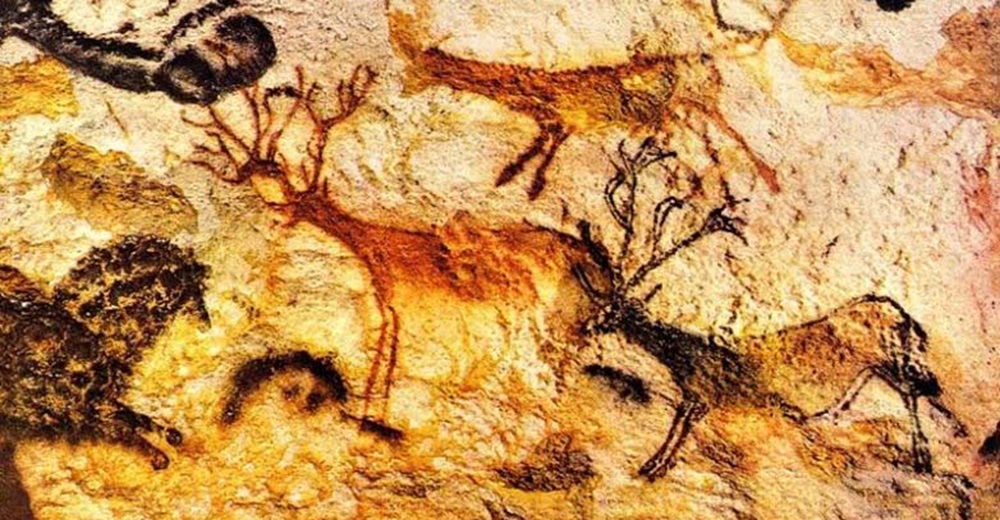
The nature and time frame of the dispersal and settlement of early humans on various continents and islands is a current topic of debate worldwide. The interdisciplinary team of the MIGRATE (Modelling Demography and Adaptation in the Initial Peopling of the Eastern Mediterranean) research project, coordinated by the Archaeology Research Unit of the University of Cyprus, used advanced modelling techniques and archaeological data to examine whether hunter-gatherer populations would have chosen Cyprus for settlement.
By analysing – through advanced mathematical models – a series of available dates from the 10 earliest archaeological sites across Cyprus, combined with climate data and demographic models, the research finds that the first human settlement in Cyprus could have occurred between 14,257 and 13,182 years ago, earlier than was previously thought to be the case. The researchers argue that after the first arrival of human groups, the island was quickly settled. Climate modelling showed that this early settlement coincided with a rise in temperature, rainfall and an increase in environmental productivity sufficient to sustain large hunter-gatherer populations.
The new results contradict previous theories that the Mediterranean islands would have been inaccessible and inhospitable to hunter-gatherer societies, especially during the Pleistocene. The results of the study suggest that, rather than inhospitable, Cyprus, and perhaps other Mediterranean islands, would have been attractive and favourable destinations for Palaeolithic populations.
Moreover, based on demographic modelling, the researchers suggest that large groups of hundreds to thousands of people arrived in Cyprus in two to three main migration flows in less than 100 years. This pattern of settlement entails organized planning and use of advanced vessels. Within 300 years, the population of Cyprus would have expanded to a median of 4,000-5,000 people, according to the mathematical model.
The new research results invite us to reconsider the validity of established beliefs about the behaviour and abilities of our early ancestors and underline the need for further systematic study of the subject in the light of new technologies and field research.







Leave A Comment